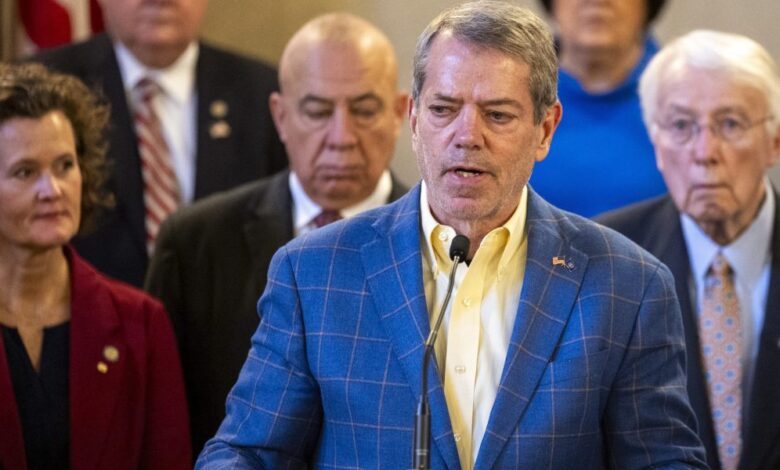14 States Reject Federal Program Leaving Lower Income Families Without Summer Grocery Assistance

This summer, lower-income families with school-age children are facing challenges as 14 states, all with Republican governors, have declined to participate in a federal program providing assistance for groceries. The Summer Electronic Benefit Transfer (EBT) program, designed to address increased child hunger during school breaks, offers families $40 per qualifying child for three summer months.
The reasons for rejection vary, including philosophical objections to welfare programs, technical challenges due to outdated computer systems, and satisfaction with existing summer nutrition initiatives that reach fewer children. Otibehia Allen, a single mother of five in Mississippi, expressed how the aid would have helped her family but is unavailable due to her state’s non-participation.
The Summer EBT program became permanent in December 2022, following pilot versions in 2011 and a national expansion during the pandemic. The federal government covers the benefits’ cost, estimated at $2.5 billion this year, benefiting 21 million children. However, 10 million eligible children live in states that declined the funding.
States had until the end of 2023 to decide on participation, with the option to enroll in future years. Texas cited late rulemaking and the need for legislative approval for administrative costs as reasons for opting out. Meanwhile, Vermont plans to join in the future after updating its computer system.
Critics argue that rejecting the funds has a partisan edge, with Republican governors leading the rejecting states. In Mississippi, Governor Tate Reeves termed the program unnecessary, emphasizing concerns about a perceived expansion of welfare. Critics argue that childhood hunger should be a unifying concern.
While some states justified rejections by emphasizing existing programs or philosophical objections, advocacy groups emphasize the missed opportunity to address hunger. Despite states’ decisions, local officials in Iowa are requesting the rejected funds, even though the program currently doesn’t allow funding local governments instead of states.
The rejection of federal assistance for summer groceries has sparked criticism and debate, with advocates emphasizing the importance of addressing childhood hunger and urging reconsideration by the rejecting states in the coming years.


